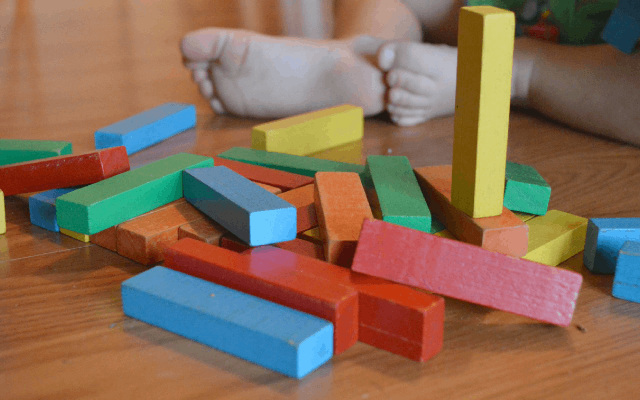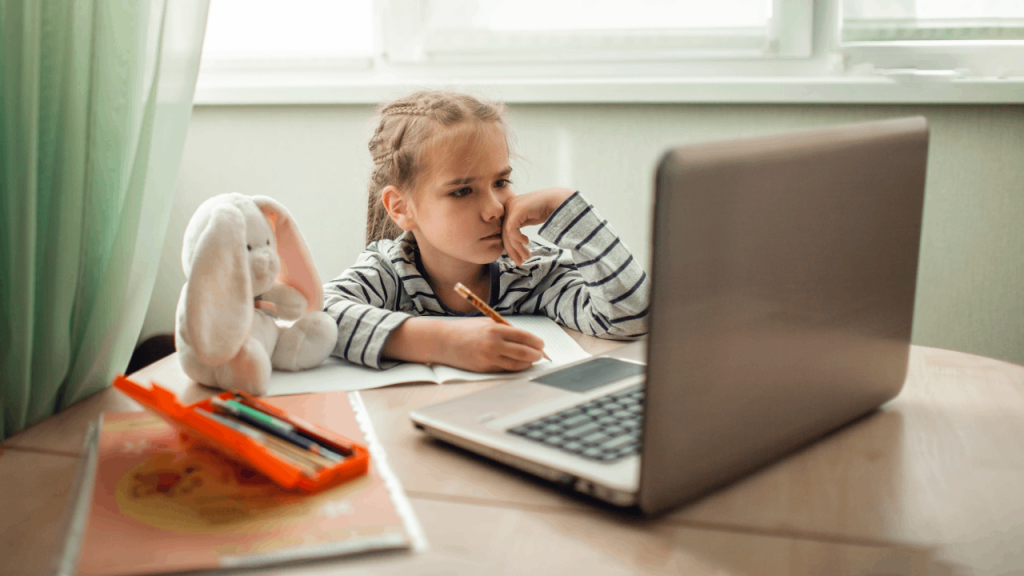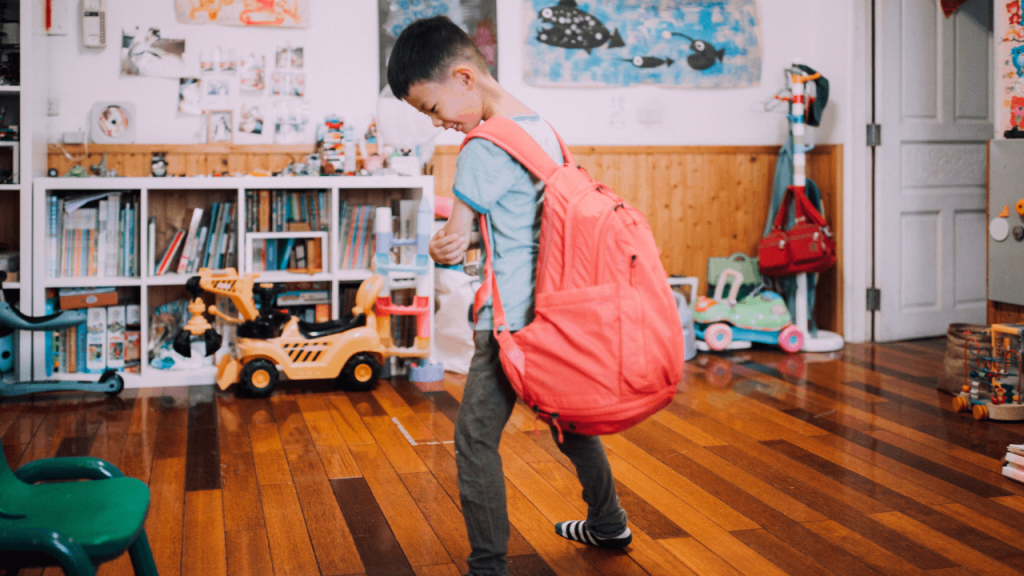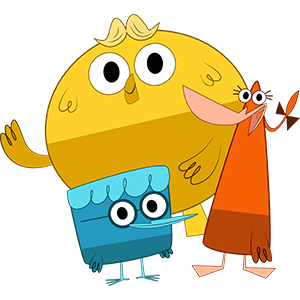


Importance of Social Emotional Learning
Social-emotional learning is a set of skills that allows children to be better aware of themselves; their strengths, weaknesses, interests, and emotions. Social-emotional learning, commonly termed as SEL, is made up of 5 components, namely self-awareness, self-management, social awareness, relationship skills, and responsible decision making. These skills help children understand their own emotions and the emotions of others, which, in turn, allow them to showcase empathy in their actions. If kids have a strong foundation in SEL, they will grow up to be kind, disciplined, and reliable human beings. This will help them make friends easily, deal with challenges, and learn to put the needs of others before their own. Educators are beginning to realize that SEL is just as important as the academic subjects taught in school, and so, they are now including various SEL activities in the curriculum. Parents must also practice some of these activities on a regular basis at home to keep the learning going.
Social Emotional Learning Curriculum
Having a social emotional learning curriculum set out for kids is a must. One can start with keeping a gratitude journal for the kids. Have them write down everything they’re grateful for at the end of each day – playing with the pet dog, enjoying a good meal, a walk in the park with grandpa, playdate with a friend, a new toy, etc. Teach them that they can be grateful for everything that brings them joy, it doesn’t have to be only materialistic things like new toys or clothes. Another meaningful and very easy activity can be to maintain a calendar. It can be made fun by using colors and stickers etc.. The idea is to discipline the child. Make your child write down the various tasks, homework, chores, and lessons that they have to get done in the day. What time to wake up, have meals, shower, play, study, and various extracurricular activities like a music lesson or sports practice. You could tick them off and add a fun sticker every time a task is completed. This will make the child responsible and accountable for their time. Finally, parents must ensure that the child has enough playdates or field trips to bond with other kids. Help them understand how to deal with other kids. Every time they are met with a challenge and want to resort to a tantrum or physical abuse, teach them the trick of deep breathing. Let them calm down and think about why the other child is behaving badly, and finally choose an action that will help better the situation in a peaceful way. This can only come gradually to kids.

Conclusion
These activities, along with many more that parents can find online, will help kids become aware of the situation they are in. Learning apps like SKIDOS have loads of games and puzzles for all age groups that are curated by educators keeping global learning standards in mind. Our games tap into the social, emotional, and intellectual capabilities of children. It requires kids to apply themselves socially and emotionally while playing our wide range of enriching educational games. As a result, their reflexes and cognition are better strengthened and they are likely to develop good habits and manners. They will also gradually learn to be more responsible and independent with regard to decision-making and problem-solving in an organic manner. A balanced curriculum that focuses on academics, as well as includes some part of the social emotional learning curriculum, is what is going to help the child grow holistically in all facets of life.
My day is usually quite hectic. As a mom of three I worry a lot about their screen time. Since we have SKIDOS Games I feel calm that they are safe online and are actually learning while playing. SKIDOS helped me get more time for myself, and now I simply get more done.
- Anna Jørgenson
A great game with good math content where both of my kids (6 and 8 years old) can enjoy the game play and the math tasks. We have created 2 accounts and choose different grades, so both of my kids get math content adequate for their age. We really like Skidos games! Highly recommend!
- Emma Mint
I came across this fun math game which according to me is the best game for 7,8,9 year old kids. I am a teacher and introduced this game to the parents of my kids. So kids can now play and learn at the same time.
- John Bla

Skidos Labs ApS,
Titangade 11
2200 København N
CVR: 37212962
